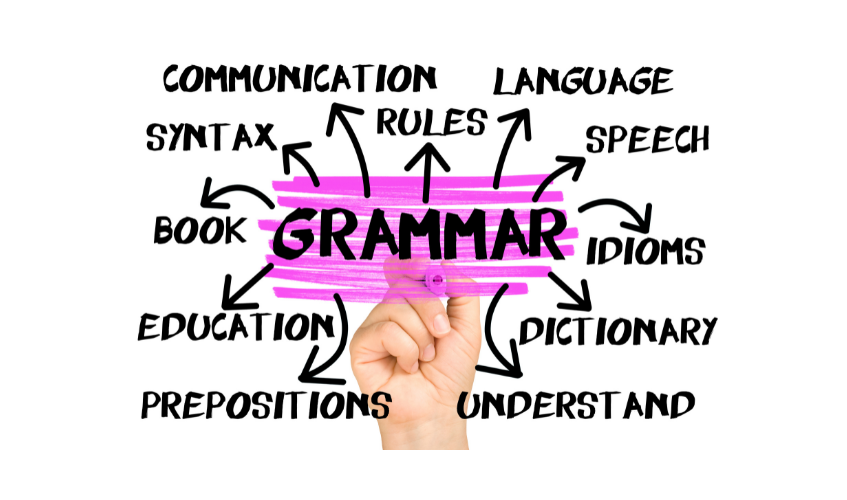
by Erica L. Meltzer | May 16, 2025 | Blog, CELPIP, ESL, IELTS
Of all the many tenses in English, the future is perhaps the most poorly taught (although the present perfect is a strong contender for that non-honor as well). In fact, the way it is generally presented is not just overly confusing but also has very little relationship to how people actually speak. I’ve been looking around the web, and I really haven’t found a single solid explanation. So if you’ve been experiencing some confusion about how native English speakers refer to future events in everyday, informal speech, this guide is for you.
To be clear, I do not cover every possible usage here; rather, the goal is for you to understand the most common, real-life uses of these constructions, as opposed to what the average textbook says. (more…)

by Erica L. Meltzer | Jun 23, 2022 | CELPIP, ESL, IELTS, Vocabulary
The Critical Reader is excited to announce the sometime in the next few weeks (exact date TBA), we will be launching a free daily email idiom program for English learners.
If you would like to sign up, please enter your email in the form below. (Note that you must use the form to register; comments for this post have been disabled.)
The focus will be on words and phrases that can be used in IELTS Writing and Speaking, but the content will also be broadly relevant to other popular tests, including TOEFL, PTE, and (especially) CELPIP. And if you’re just looking to improve your English in general, you’re of course welcome to join as well.
Every day, members will receive an email with a new expression + definition, along with a sample sentence clearly illustrating its use. Both informal and formal language will be covered and labelled appropriately.
This program does not focus on the clichés commonly taught in ESL classes or on social media (e.g., A piece of cake, once in a blue moon) but rather on common, contemporary phrases and collocations that can help your speaking or writing sound more natural.
In addition, if there are any expressions you find particularly confusing or would like to have a better understanding of how to use, please feel free to let us know, and we will do our best to incorporate them into the program.

by Erica L. Meltzer | Apr 5, 2022 | CELPIP, English Proficiency Exams, IELTS
I’ve recently encountered a number of essays that were written for the CELPIP but that seemed to have been produced by candidates who appeared to have switched from the IELTS (GT) and were still writing essays geared more to that test, or to have been advised by people who did not fully understand how the two tests differ.
To be sure, there is significant overlap between IELTS and CELPIP writing, particularly in terms of Task 1 (formal, semi-formal, or informal letter in both cases; approximately 20 minutes for IELTS, 27 minutes for CELPIP). However, there are real differences when it comes to Task 2. Candidates who are either trying to decide which exam to take, or switching from one to the other, must understand the expectations and criteria for each. (more…)

by Erica L. Meltzer | Feb 5, 2022 | Blog, IELTS
It’s not exactly a secret that many IELTS candidates are unpleasantly surprised when they receive their Writing scores; it’s not uncommon for marks in this area of the test to be a full band, or even a band-and-a-half, lower than in the other three sections. Very often, they wonder whether there has been some kind of mistake, and one of their first question is usually whether it’s worth it for them to request an Enquiry on Results (EOR) and have their essay re-marked.
As I’ve written about before, one of the overlooked challenges of the IELTS Writing test is that it is always administered third, after Listening and Reading. By that point, most test-takers are already starting to get tired from the intense concentration required in the previous sections, and shifting into writing mode can be very difficult. If a normally strong writer does take a little while to warm up, it is entirely possible that the beginning of their Task 1 response will not in fact be representative of their overall skill level.
In other cases, a test-taker may get through Task 1 without a problem and then crash at the beginning of Task 2, only to recover partway through their essay. By that time, however, the damage may have already been done. (more…)

by Erica L. Meltzer | Jan 27, 2022 | ESL, IELTS
Even if you’ve studied English for years and are very proficient in the language overall, you might still have trouble with some of the constructions covered in this post. Because they are so common, learning to use them correctly will immediately make your English sound more natural and fluent.
1. One of the + plural noun
The emphasis is on the group that one belongs to.
Correct: One of the things I like most about my city is the beautiful architecture.
Incorrect: One of the thing I like most about my city is the beautiful architecture.
Another common mistake involving one of the is to use the “base” form of an adjective rather than the superlative form (most + adjective or adjective-est). While this construction is technically acceptable, it is not something that native speakers say. The point is to emphasize that something belongs to an extreme group.
Correct: Skiing is one of the most popular winter sports.
Avoid: Skiing is one of the popular winter sports.
(more…)

by Erica L. Meltzer | Jan 19, 2022 | Grammar (SAT & ACT), IELTS
Of all the misunderstood grammar terms in the English language, “complex sentence” is perhaps the one that occupies the very top spot.
The problem essentially results from the fact that the word complex has one meaning (very complicated) in everyday language, but a very different meaning in formal grammatical terms.
Not realizing this, most students assume that being asked to write complex sentences means that they are supposed to write sentences that are extremely long and stuffed with all sorts of high-level constructions when that is not at all the case. (more…)





